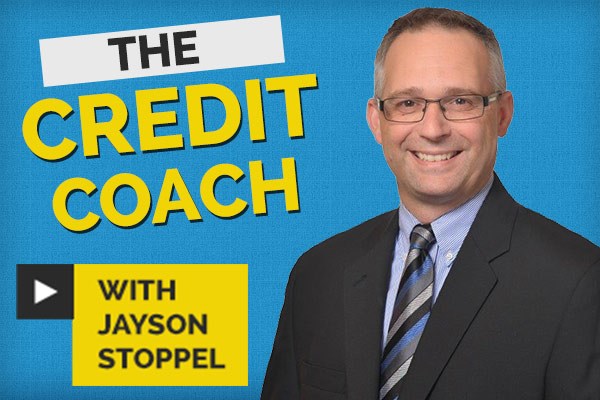Welcome to the third, and final, blog in a series of three about the financial challenges facing three generations: millennials, the sandwich generation and seniors. My goal in sharing this series of blogs with you is to give you a few tips and some sound advice that will help you avoid falling into debt.
This blog focuses on folks who have reached retirement age. They’re either approaching the end of a working career, or they’re already retired and living on a fixed income.
Seniors or retirees that are struggling financially can point to several reasons for their difficulties. Primarily, people in this demographic are facing the following challenges:
- Adult children living in financial crisis — the current generation of seniors is often faced with the struggle of having to help adult children in their 40s (the sandwich generation) deal with huge mortgages and growing childcare costs, or grandchildren in their 20s and 30s (millennials) that are challenged by a lack of full-time job opportunities and large student debt loads.
- Fixed incomes — often retirees are on fixed incomes or pensions that only adjust nominally on an annual basis. Credit card interest can often accelerate debt levels faster than pensions can pay it down.
- Extensive costs of independent care or assisted living — many seniors are trying to stay independent and in the family home instead of downsizing. In light of increased need for medical care for themselves or ongoing care for a loved one, this can lead to debt woes.
- A culture of easy credit – older seniors who are faced with using credit for the first time after the passing of a spouse can often misjudge the costs of credit and find themselves with debt problems.
So what can seniors do to avoid a credit crunch?
- Seek out help to review and plan for retirement. If you’re ready to retire, work with a financial planner or budget coach during your transition to retirement. It’s a great opportunity to review your retirement income levels versus expected costs. If you have debt concerns, seek out the help of a Licensed Insolvency Trustee (LIT). A LIT can help you search out options, such as a consumer proposal, that can reduce your debt load to the point where you can repay it in retirement.
- Trust in your ability to say no. At some point you have to be able to say no to the children and grandchildren. It is okay after having raised the family to be a little more selfish with your disposable income. Especially if you are on a fixed income. Make sure that family and friends know what your limits are in your ability to help.
- Use your home equity wisely. If you find yourself in a credit crisis make sure any strategy to use the home equity as a solution is well planned. Encumbering your largest asset only to seek a partial solution to the problem may only be putting a Band-Aid solution in place. If you plan to use your home equity for retirement income or as a debt solution make sure to shop around for options. And make sure to get input from various professional groups — bankers, mortgage brokers and LITs should all be consulted in your planning.
- Let go of “the stuff.” Heirlooms and keepsakes are a lovely measure and reminder of the times we have spent over our lives loving, travelling and collecting. Have a discussion with family members about the old record player or hope chest. Often individuals with debt will struggle to keep the old boat or gramophone in the family for the sake of passing it down to the kids. Make sure the kids want the items. If nobody wants the old motorcycle you might find that the money you could raise by selling the item can help with debt.
Share your retirement debt story and how you survived @JSCreditcoach, or tell us about it in the comment section below.
Jayson Stoppel is a Licensed Insolvency Trustee and Chartered Accountant with BDO First Call Debt Solutions. With over 15 years in practice, Jayson assists individuals, families and companies with financial difficulties in Thunder Bay and throughout Northwest Ontario. To reach Jayson by email: [email protected]

